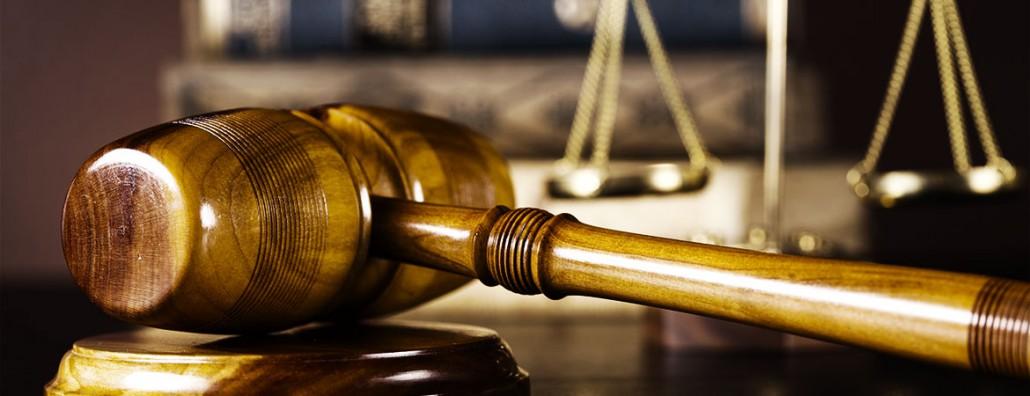Utah Bail Bond Laws | Rights, Rules & FAQs – Massey’s Bail Bonds
Understand your rights under Utah bail bond laws. This guide covers eligibility, exoneration, forfeiture, and how to navigate the bail process with confidence.
Understanding Your Right to Bail
Most individuals in Utah are entitled to bail. However, bail may be denied if:
- The person is charged with a capital crime
- The offense occurred while on probation, parole, or already out on bail
- There is strong evidence the person poses a danger to the public or is likely to flee
Individuals charged with capital crimes, those on probation/parole or out on bail during the offense, or if they pose a public danger or flight risk.
Judges consider the crime severity, flight risk, and community safety before setting bail or denying it.
Utah Bail Exoneration Laws and Bail Bond Release Procedures
Automatic Bail Exoneration Under Utah Bail Bond Laws
If charges are not filed within 120 days of posting bail, the bond is automatically exonerated as per Utah bail bond laws.
Exoneration After Bail Forfeiture in Utah
If an accused misses court and forfeits bail, the bail bond company must locate and return the accused within 180 days to prevent full forfeiture according to Utah bail bond regulations.
Voluntary Surrender of the Accused to Exonerate Bail Bonds
The bail company may surrender the accused at any time before failure to appear. Surrendering the accused into custody results in exoneration of the bond under Utah bail bond rules.
Bail exoneration means the bond is released and no longer active, typically after charges are dropped or the accused appears in court.
The bail bond company must find and return the defendant within 180 days to avoid losing the bond.
Motion to Exonerate Bail Bonds: Valid Grounds Under Utah Bail Bond Regulations
A bail bond company may file a Motion to Exonerate if:
Valid grounds include:
- The accused or co-signer provided false information
- The court increased bail beyond underwriting criteria
- There’s a material change in collateral or personal details
- The accused is arrested again while on bond
- The accused fails to appear
- A co-signer requests release for qualifying reasons
Yes, a Motion to Exonerate can be filed under valid reasons like false information or re-arrest.
A co-signer can request release from obligations if they qualify under Utah bail bond laws.
Failure to Appear in Utah Court and Bail Bond Forfeiture Rules
If the accused fails to appear, the court may forfeit the bail. The bond company must return the accused within 180 days to avoid permanent forfeiture of the bond in accordance with Utah bail laws.
Bail forfeiture occurs when the accused fails to appear in court, risking loss of the bail money or bond.
180 days to avoid permanent forfeiture of the bond.
Collateral Requirements and Utah Bail Bond Fees Explained
The bail bond company may require collateral based on the risk level. Utah bail bond regulations mandate that agents provide written disclosure of all terms and fees.
Collateral is property or assets pledged to secure a bail bond, used if the accused skips court.
Yes, all fees and terms must be disclosed in writing to the client.
Bail Forfeiture and Bond Reinstatement Timeframes in Utah Bail Process
If an accused misses a court date, the court will not reinstate the bond unless:
- The accused appears within 7 days, and
- The bond company consents to reinstatement
Yes, but only if the accused appears within 7 days and the bond company agrees.
Procedures for Surrendering the Accused Under Utah Bail Bond Laws
A bail bond company or surety may surrender the accused at any time before a missed appearance. The company must notify the court to request formal exoneration according to Utah bail bond rules.
It means the bail company returns the accused to custody voluntarily to avoid forfeiture
💸 Paying Bail Directly to the Court Under Utah Bail Laws
Some people choose to post bail directly to the court instead of using a bail bond company. While permitted, you should understand how the court may apply your payment.
📄 See Utah Code § 77-20-404(5)(c)
The court will apply the full or partial bail amount to any outstanding criminal accounts receivable owed by the convicted before refunding cash, credit, or debit card bail.
This means if you owe fines, fees, restitution, or court costs, the court can use your bail money to pay those debts before issuing a refund.
📘 What Counts as Criminal Accounts Receivable?
📄 See Utah Code § 77-32b-102(4)(b)
“Criminal accounts receivable” include unpaid financial obligations from a criminal judgment, such as:
- Fines
- Restitution
- Court fees
- Interest
- Surcharges
- Collection fees
- Late penalties
The court uses your bail money to pay outstanding debts before refunding any remainder.
Fines, restitution, court fees, interest, surcharges, collection fees, and late penalties.
✅ Bail Bond Companies vs. Court Bail: Which Is Safer Under Utah Bail Bond Regulations?
Posting bail through a licensed bail bond agent like Massey’s Bail Bonds protects you from losing your money to unrelated fines or restitution. The court only collects the bond if the accused fails to appear after 180 days.
Want to ensure your bail isn’t applied to court debts? Contact our team before posting bail directly to the court.
To avoid your bail money being used to pay unrelated fines or fees.
We provide fast, reliable bail services and protect your interests throughout the process.
Call Massey’s Bail Bonds now for fast, reliable bail services in Utah
Northern Utah (435)915-3005
Central Utah (801)413-3789
Southern Utah (435)315-0128
Massey’s Bail Bonds -– Trusted Since 2007





